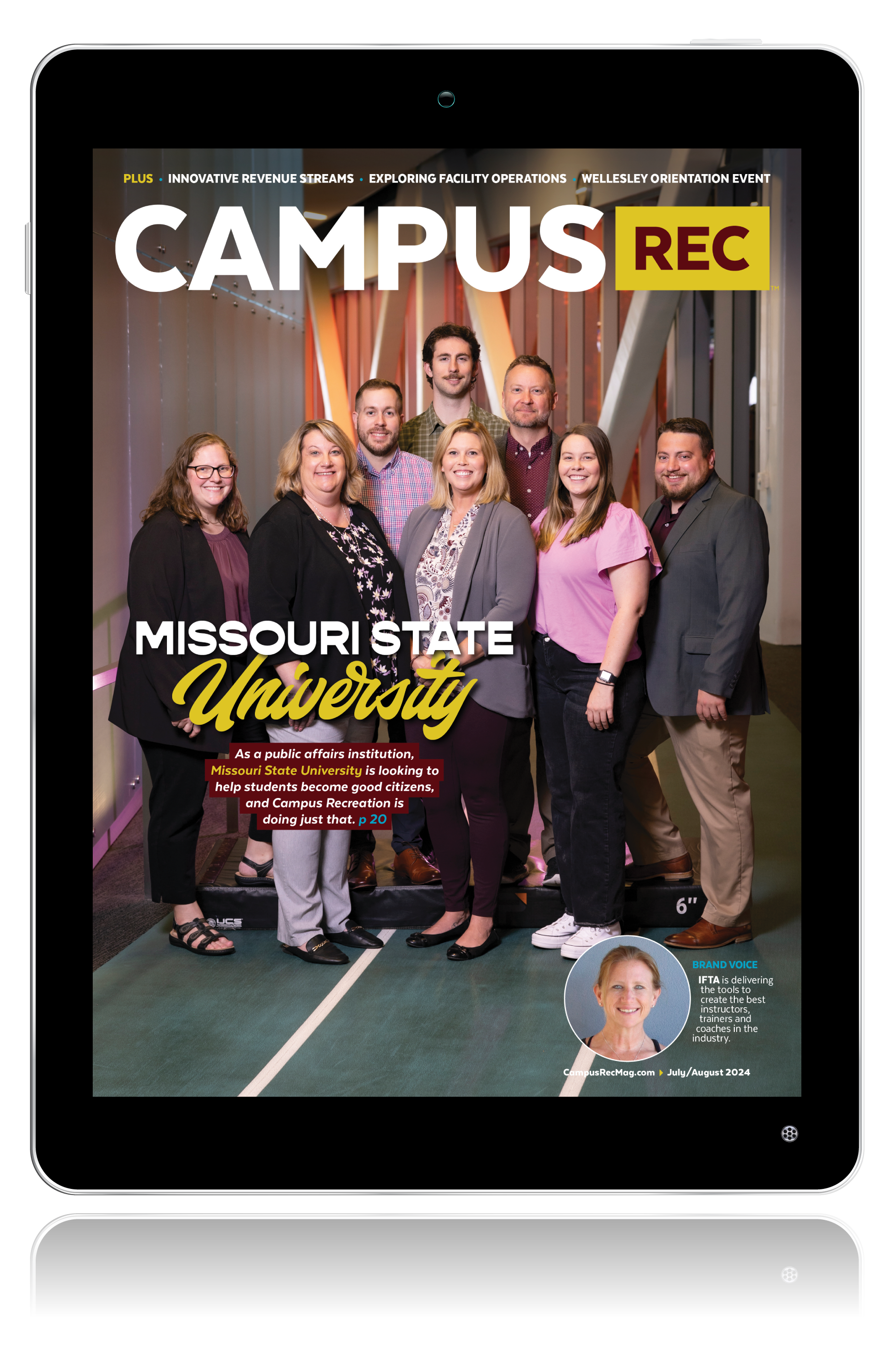
This is Part Three of a five part series on the elements of well-being by Steven Trotter.
Read Part One here.
Read Part Two here.
One of the questions I am often asked is, “What’s the difference between wellness and well-being?” At the surface, it’s a hard question to answer, but if we peel back the layers of the well-being onion, we can uncover more depth on the topic.
According to Webster’s dictionary, wellness is defined as “the quality or state of being in good health especially as an actively sought goal,” and well-being is defined as “the state of being happy, healthy or prosperous.”
In my opinion, I believe wellness has an outdated view and can be accomplished by simply checking a box. Well-being isn’t about checking a box; it’s the dials on a mixer at a concert where you have to turn-up some elements while dialing down others to achieve the desired outcome. It’s a constant flow of energy working together to create harmony within ourselves. So you might ask, what does “the state of being happy, healthy or prosperous” mean?
Well, read on my friends, let’s explore financial well-being.
Financial well-being is about effectively managing your economic life. Let’s assess the level to which you agree to the following statements:
- I have enough money to do everything that I want to do.
- In the last seven days, I haven’t worried about money.
Financial well-being can be very subjective whereas financial health can be very objective. We can make the assumption that financial health can be measured with the money in your bank account, your savings and your investments. Financial well-being isn’t as simple as referring to what’s in the bank. Your level of financial well-being has much to do with your perception.
People who thrive in financial well-being may not be considered rich by financial health measurements, but they may have enough money to meet their needs and typically don’t experience stress around paying bills. In fact, according to Gallup research, just believing you have enough money to do what you want to do has more than three times a positive impact on your financial well-being than your income alone.
Increasing your financial well-being, as with any behavior change, can be done in small, simple steps. According to Harvard researchers, spending money on yourself doesn’t increase financial well-being the way spending on others does. If we look around, we are seeing this come to fruition in the world around us. Millennials are typically not buying houses as early as other generations, and they are choosing to live a smaller, simpler life so they can travel more and spend money on experiences.
For the past few years, we also see this concept appear around holidays when consumers are spending less on material purchases and more on experiential purchases. For those who make less than $25,000 per year, experiential purchases and material purchases will increase well-being at approximately the same rate, but as income increases, experiential purchases will increase financial well-being at a rate two to three times that of material purchases.
I recently encouraged my team to read, “Wellbeing: The Five Essential Elements” by Tom Rath and Jim Harter. We dissected the book and discussed it at our well-being leadership workshop. One thing that sticks out for me about financial well-being is that perception matters. We’ve often heard that thoughts become behaviors, and this is true for financial well-being.
Financial well-being, simply put, is the degree of financial security you have. If you are looking to improve your financial well-being, try one or more of these following tips:
- Buy experiences like vacations or outings with family and friends.
- Spend on others instead of solely on material purchases. Perhaps paying it forward in that Starbucks line means more than a post on social media.
- Establish default systems like automatic savings or bill pay to lessen your worry around money. There are many money-saving apps out there.
As we continue to peel back the layers of the well-being onion, remember to set yourself up for success with positive defaults around your money. After all, wealth is health, just with a W.
Rath, Tom, and James K Harter. Wellbeing : The Five Essential Elements. New York, Gallup Press, 2014. Pp. 49, 53, 56, 61, 63, 65, 66, 154.










